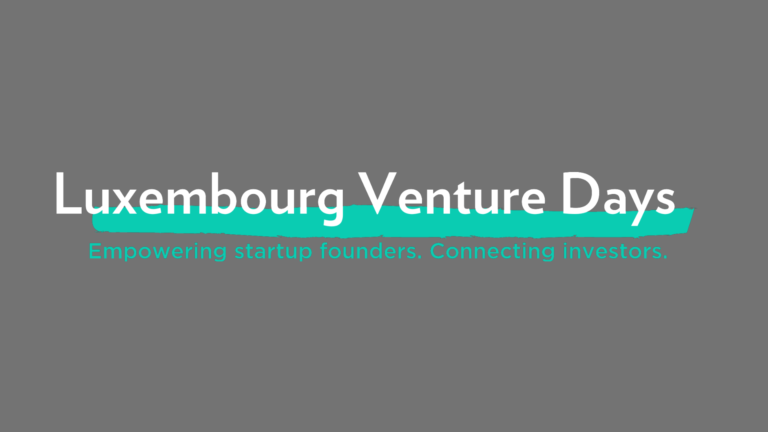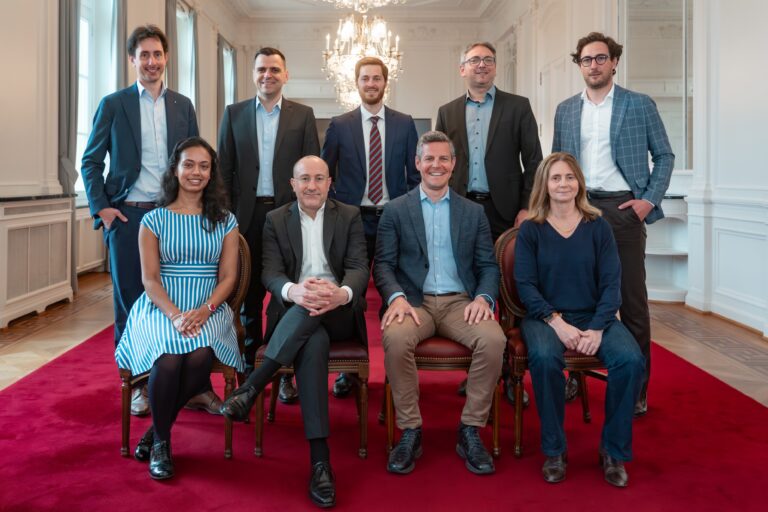By Christophe Diricks, Head of Alternative Investments, KPMG Luxembourg
Luxembourg AIFM licenses in the private equity sector: an escalating trend
For more than two decades, private equity houses have adopted Luxembourg as a regional investment platform, mainly setting up holding and financing special purpose vehicles (SPVs). And, since the SCSp and the RAIF were introduced in 2013 and 2016 respectively, they have started setting up their funds in Luxembourg as well.
The 2020 edition of KPMG Luxembourg’s Substance Survey aims to provide a window into asset managers with a footprint in Luxembourg. For this third edition, 65 alternative investment asset managers were interviewed, allowing us to identify dynamic trends by comparing the results with previous editions.
Today, almost 80 percent of the alternative investment asset managers surveyed have an investment fund in Luxembourg. And, because of Brexit, they are establishing their AIFM platform in the Grand Duchy as well.
Private equity managers’ offices in Luxembourg: what’s the trend?
The percentage of alternative investment asset managers with an AIFM license in Luxembourg has doubled in a year. Compared to last year’s edition, the 2020 Substance Survey shows a dramatic jump in asset managers securing the license — from around 30 to 60 percent of those surveyed.
Without a doubt, Brexit is a major catalyst for this license boom. In 2019, only 40 percent of UK-headquartered asset managers held an AIFM license in the EU, let alone Luxembourg. The large majority were playing the “private placement regime” card, generally locating their funds and management companies in the Channel Islands. The foreseen shift was finally realized in 2020, escalating the percentage of UK-headquartered asset managers with an AIFM license to 80 percent. And, Luxembourg is now their preferred location — 70 percent have their license here.
How does this trend change the organization of the office?
This trend has inflated the usual headcount of an asset manager’s Luxembourg office. Last year’s results already showed a surge in the number of workers performing middle-office functions within private equity firms’ Luxembourg offices; for example, AIFM conducting officers or asset and portfolio managers.
This trend has strengthened in this year’s results, and it will come as no surprise that the population of AIFM conducting officers is growing faster than any other. In turn, the number of administrative staff has also increased, with AIFM conducting officers requiring administrative support.
We expect this staff expansion to continue, as Luxembourg private equity and real estate firms plan to take on more people to support their AIFM functions this year — two-thirds of those surveyed expect to onboard an average of two people over the next six months.
To what extent does a Luxembourg AIFM license affect substance confidence?
Luxembourg’s shift from a holding location for SPVs to a locality for regulatory units also reinforces the idea of the regional investment platform, where a pool of regional investments is managed as depicted in the OECD Principal Purpose Test’s draft examples*. When an asset manager launches Luxembourgish funds supervised by a Luxembourg-based AIFM, a foreign tax authority can find it challenging to demonstrate that one of the principal purposes was to obtain tax benefits.
As a result, the asset managers surveyed are more confident in their level of substance — rising from 50 to 80 percent in this year’s survey.
Is Luxembourg the hub for all types of asset classes?
While the overall number of asset managers with a Luxembourg AIFM has rocketed, to grasp the full picture, it is necessary to dive a little deeper into the types of AIFM licenses requested in Luxembourg.
Private equity investors and managers have a strong preference for unregulated partnerships: 75 percent of Luxembourg private equity funds are established as unregulated SCSps, but these only represent 10 percent of all real estate funds created in Luxembourg. Real estate investors have generally favored regulated (SIF) or supervised vehicles (RAIF).
Unsurprisingly therefore, while almost 70 percent of real estate asset managers surveyed have a Luxembourg AIFM license, this figure is only 36 percent in the private equity sector. However, even though private equity players’ appetite for Luxembourg AIFMs isn’t as strong as real estate players’, it is nevertheless growing. And, we can expect this trend to continue over the coming years for two reasons.
- Firstly, the number of private equity asset managers without an AIFM license in the EU is still significant, i.e. 43 percent of the population interviewed for this survey. And, while unregulated SCSps are the most common form of funds in the private equity sector, the weight of SIF, RAIF and SICARs in the Luxembourg private equity fund landscape isn’t unsubstantial.
- Secondly, Luxembourg is best in class for hosting AIFM licenses for several reasons, including its proximity to EU investments due to its central location, as well as a highly qualified workforce with seasoned expertise in the alternative investment industry. Luxembourg is more than just a candidate for the setup of an AIFM.
This growing trend will continue to fuel the need for resources. The Grand Duchy will need to play a key role in providing high-quality education in the fields of risk and asset management, as it seems Luxembourg AIFMs are currently encountering hiring challenges due to a lack of a specialized workforce in these fields.
If you would like to learn more about our survey, please explore our dedicated website.
* BEPS Action 6 — Examples on treaty entitlement of non-CIV funds, 3 February 2017



